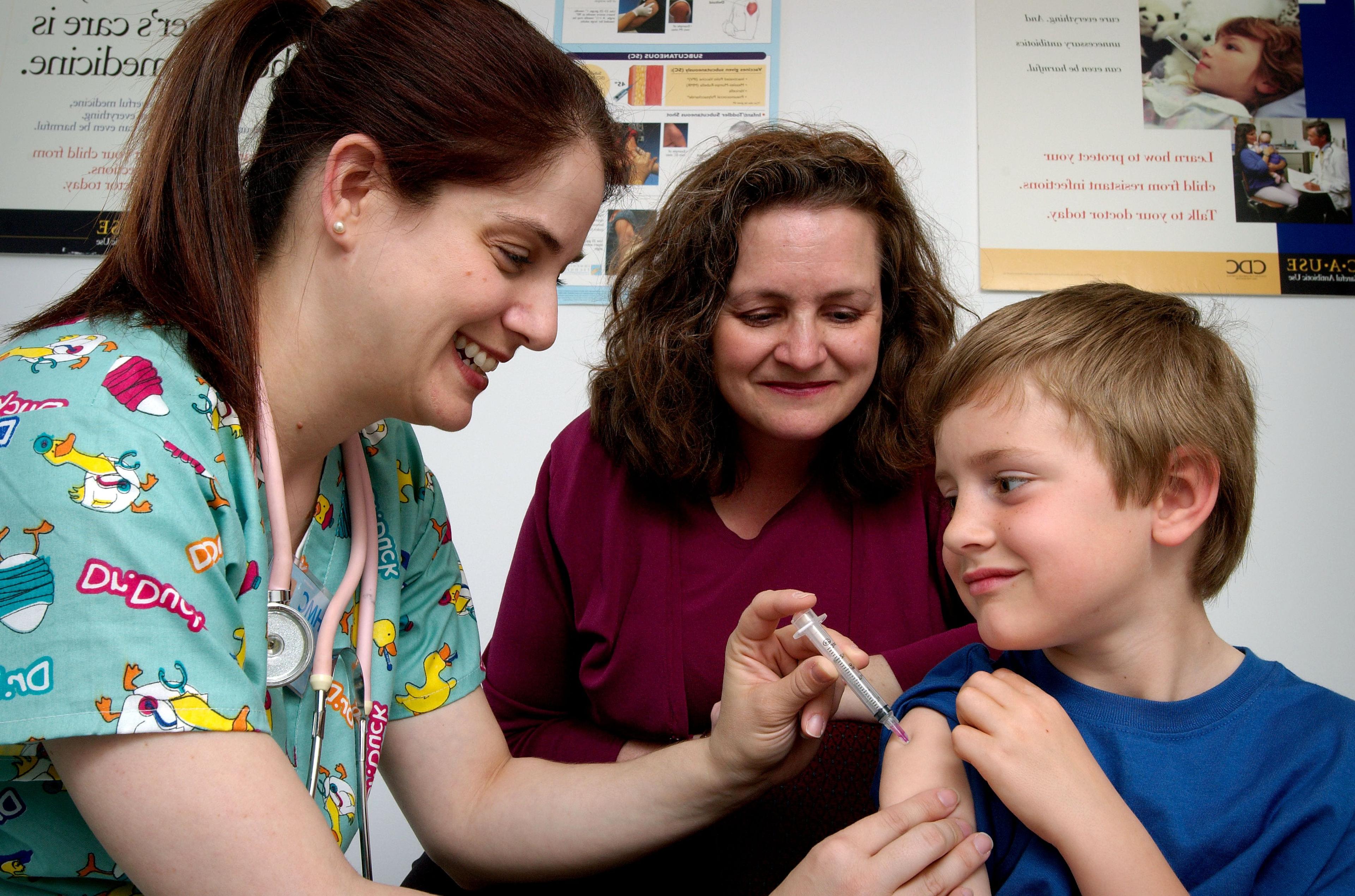What You Need to Know About Bacterial Meningitis

Dr. Gina Lynem-Walker
| 3 min read
Dr. Gina Lynem-Walker, MD, is a former quality medic...

Recent news has confirmed a case of bacterial meningitis, as well as its exposure to more than 200 children in Michigan. If you are curious about the infection and its potential impact, you are not alone. Below, Blue Cross Blue Shield of Michigan has compiled a list of answers to common questions about bacterial meningitis to help keep you and your family informed. What is bacterial meningitis and what are the symptoms? Invasive meningococcal disease (or bacterial meningitis) is a serious and sometimes deadly infection that involves inflammation of the protective membranes covering the brain and spinal cord. The symptoms of bacterial meningitis include the sudden onset of fever, headache and stiff neck. There are often additional symptoms, such as nausea, vomiting, increased sensitivity to light and confusion. The infection is spread from person to person through the exchange of respiratory and throat secretions (saliva or spit) during close or lengthy contact, such as coughing or kissing. It cannot be contracted from casual contact or breathing the same air as an infected person. It is important to note the difference between bacterial and viral meningitis. While the symptoms are typically similar, viral meningitis is less severe, more common and most people recover on their own without treatment. Bacterial meningitis can be treated with a number of antibiotics. It is important that treatment be started as soon as possible. If you think you or your child may have been exposed to someone with bacterial meningitis, talk to your doctor right away. Can bacterial meningitis be prevented? There are vaccines available that help protect against bacterial meningitis. Completing the recommended immunization schedule is the most effective way to protect you and your family from contracting the infection. All children 11 years of age or older who attend public or private schools in Michigan are required to receive one dose upon entry to the 7th grade or higher. A booster dose is recommended at age 16. The bacterial meningitis vaccine is available at most doctors' offices and private clinics, as well as pharmacies and urgent care centers. Call ahead to confirm your chosen facility offers the vaccine and schedule an appointment. Everyday infection precautions include regular handwashing and use of hand sanitizer. It's also important to avoid sharing food, beverages, eating utensils, toothbrushes and cigarettes. How does my Blue Cross coverage help? Both children and adults who are enrolled in new group or individual private health plans are eligible to receive the meningococcal vaccine or the combination meningococcal-hemophilus influenza B (Hib) vaccine under health care reform preventive coverage without cost-sharing requirements when provided by an in-network provider. If you’re a Blue Cross Blue Shield of Michigan or Blue Care Network member, you can find out more about what your specific plan covers by logging in to your account on the BCBSM smartphone application or online.





